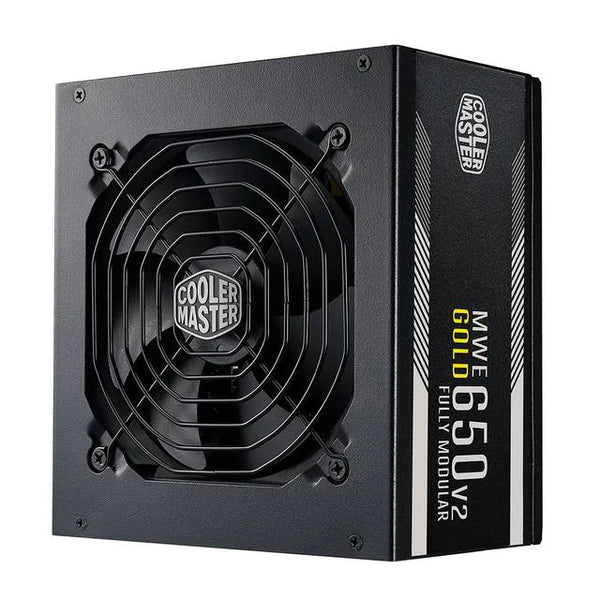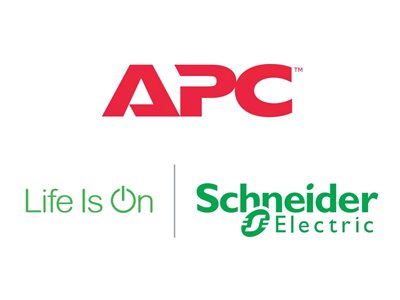How To Choose The Best Power Supply Unit for Your PC
One of the most important parts of your entire computer system is its power supply unit, because, without it, your computer won’t run.
Before purchasing a power supply unit for your PC, there are three aspects you need to consider:
- The power output
- Built-in protection
- The efficiency
The rest of this article will go over the importance of each of these aspects as well as how to determine what you need in each category.
1. Power Output
The very first thing that you’ll need to consider when choosing the best power supply unit for your PC is how much power output it provides.
To figure this out, you’ll need to do some calculations. First, you’ll want to take all of the other individual components of your system and see how much power they require to run. Then you’ll need to add all of that up. Once you have it added up, you’ll know exactly how much power your system needs to run.
Once you know how much power your system requires, you can look for a power supply unit that will meet those requirements.
If you are in between two power units, one with a higher wattage and one with a lower one, you should generally go with the higher wattage. That way, if you want to upgrade parts in the future you’ll already have a power unit that can handle the additional power needed and you won’t have to go and purchase an additional new part.
2. Protection
Since the power supply unit is the part that is supplying the electricity to the rest of your system, it is important that it has some protections built in.
One of the most dangerous things to your entire system is a power surge. A computer system is full of delicate equipment that can deteriorate very quickly if too much electricity is pushed through it. This is why your power supply needs to have protection against power surges.
Two common types of protection that will be very beneficial in protecting your computer are Over Voltage Protection, OVP, and short circuit protection. OVP will shut the power system down if it detects a power surger while short circuit protection will cut the power off if you are experiencing too many fluctuations that could damage the system.
Surge Protector
Outside of the actual power supply, it’s a good idea to plug the unit into a surge protector. That way, if there is a large surge, you’ll have double protection to keep that surge from reaching the delicate internal components of your system.
3. Efficiency
After making sure that you’ve found a power supply with enough power output to feed your system, you’ll want to figure out its efficiency. The efficiency represents how much of the power that the power supply sends is lost on its way. The higher the efficiency, the less power is lost.
Making sure that your system has high efficiency will help you to save money in the long run as you won’t be wasting money on the power that never actually reaches your computer system.
A high-efficiency power supply unit will also help to keep your computer system from overheating. The main way that a power supply unit loses energy is through heat, which will often be transferred into the rest of the system.
By choosing a unit with high efficiency, you won’t have to worry about transferring as much heat to your system which will also help to reduce the amount of energy that is expended cooling the system.
80 PLUS
80 PLUS is a certification program that helps people figure out which power supply units are the most efficient.
They have several different categories ranging from 80 PLUS to 80 PLUS Titanium. Each of these categories had different specifications regarding the efficiency of the products within them.
If you’re not familiar with computer parts and would like an additional source to help you decide if the power supply unit is efficient enough, the 80 PLUS certification system is a great resource.
Final Thoughts
A power supply unit is one of the most important parts of a computer system as it is responsible for providing power to every component.
Before buying a power supply unit, there are three main factors that you should consider. These factors are the power output, built-in protection, and the efficiency of the device.
By considering these three factors you will be able to pick a power supply unit that meets your system’s needs.







